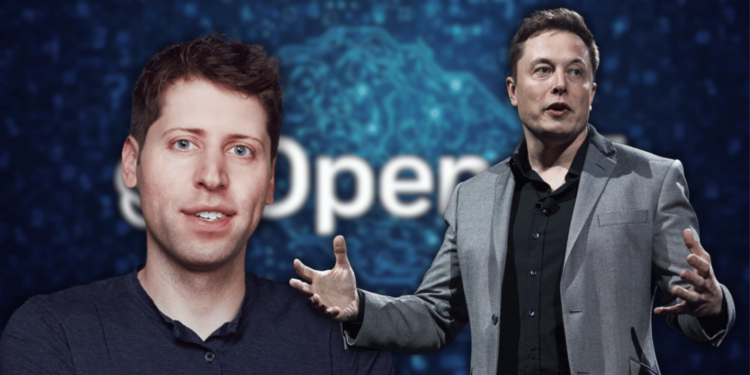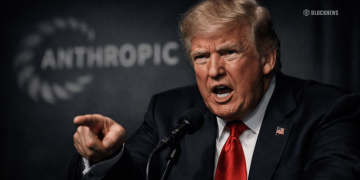- OpenAI published emails and text messages showing that Elon Musk pushed for the company to adopt a for-profit structure as early as 2017, contradicting his recent legal claims.
- Musk created a public benefit corporation called Open Artificial Intelligence Technologies Inc. in 2017 as part of failed negotiations to take control of OpenAI and convert it to a for-profit entity.
- After failing to gain majority equity and control, Musk walked away from OpenAI in early 2018 and told them they would fail, before later launching his own AI company called xAI as a competitor.
In today’s blog post, we delve into the revelation that Elon Musk, one of the co-founders of OpenAI, had intended for the company to adopt a for-profit structure as early as 2017, based on screenshots of emails released by the company. This comes in the wake of Musk’s legal battle to prevent OpenAI from transitioning into a fully for-profit entity.
Elon Musk’s Early Vision for OpenAI
In 2017, Musk had proposed a for-profit structure for OpenAI, a leading AI research lab. This revelation contradicts Musk’s recent legal action, wherein he sought to prevent OpenAI from becoming a fully for-profit business. Musk’s proposal, however, did not come to fruition as he did not receive majority equity and full control of the company and subsequently decided to walk away.
Musk’s New AI Venture and OpenAI’s Response
Following the launch of Musk’s new AI company, xAI, in July 2023, OpenAI has been facing increased competition. Despite this, the company continues to thrive, thanks to the viral spread of its ChatGPT bot. Musk’s assertion that OpenAI’s non-profit model was suboptimal from the onset has been countered by OpenAI’s legal team, who maintain that the company’s structure is indeed optimal.
OpenAI’s Past and Present Structure
Initially launched as a non-profit in 2015, OpenAI converted into a capped-profit model in 2019. The company is currently in the process of changing into a fully for-profit public benefit corporation, a move that could make it more appealing to investors. Despite facing fierce competition, OpenAI’s valuation has climbed to $15.7 billion since launching ChatGPT.
The Legal Battle Escalates
Musk’s legal battle against OpenAI and its co-founders has been escalating, with Musk’s attorneys arguing that OpenAI should be prohibited from benefitting from wrongfully obtained competitively sensitive information. The lawsuit alleges that OpenAI and Microsoft violated antitrust laws when they asked investors to agree not to invest in rival companies, including Musk’s xAI. However, OpenAI has refuted these claims, stating that they do not prevent investors from investing in competitors.
Conclusion
The ongoing feud between Musk and OpenAI serves to highlight the complexities and competitive nature of the AI industry. With OpenAI’s transition into a fully for-profit corporation, the landscape of the AI market could be on the cusp of significant change. Only time will tell how this legal battle will unfold and the impact it will have on the future of AI research and development.














